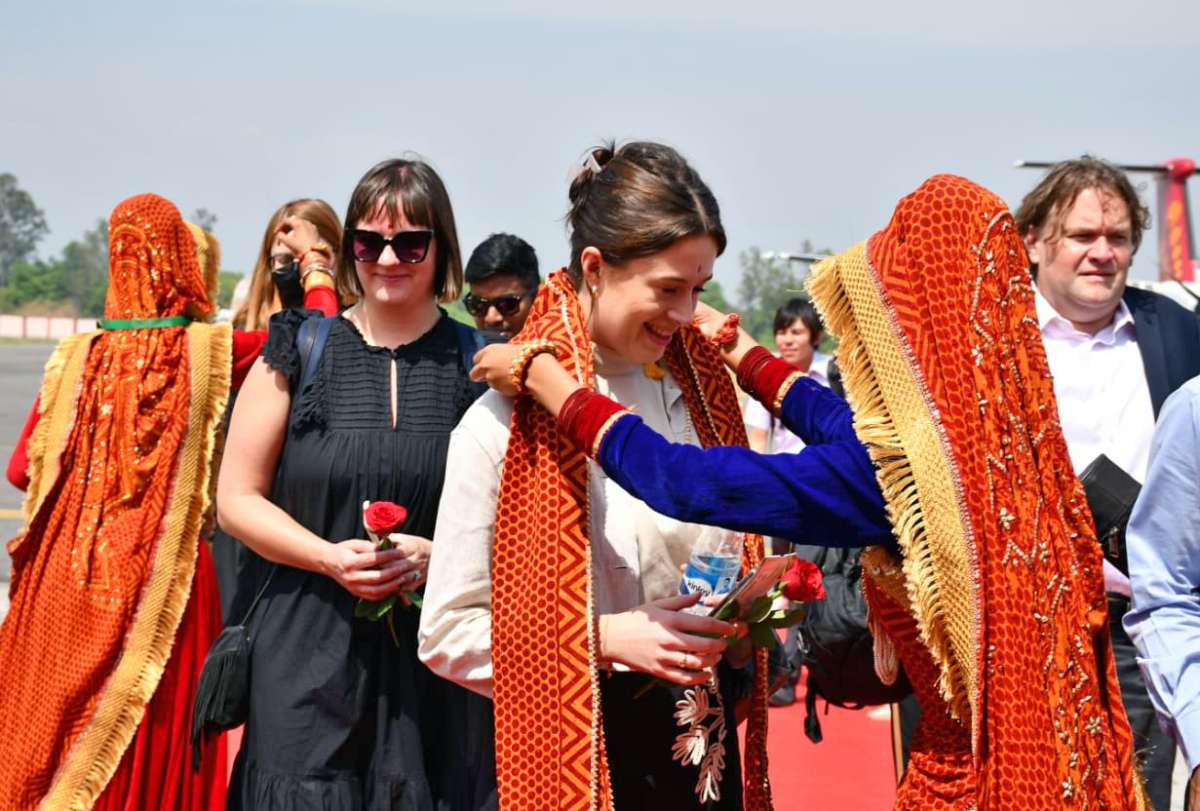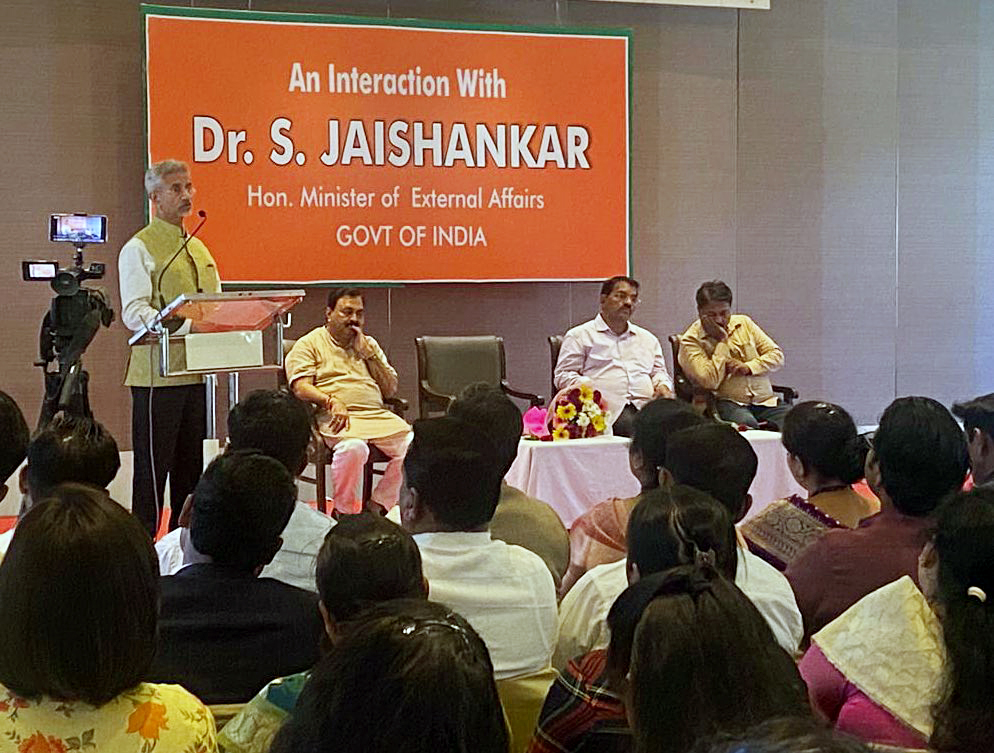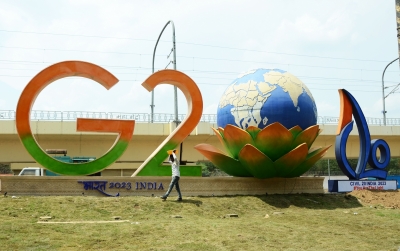In India, civil society has historically remained independent of political powers and is self-supporting in every aspect…reports Asian Lite News
Civil societies have always played an important role in shaping the socioeconomic foundation of India. In order to highlight the importance of civil society, India has formed the Civil20 group as part of its G20 presidency.
C20 India 2023 is one of the official Engagement Groups of the G20 that provides a platform for civil society organisations (CSO) around the world to voice people’s aspirations to the world leaders of G20. It gives CSOs a forum to protect the agency of this sector, reflects the primary and common concerns affecting the people of the world, and promotes social and economic development with the vision of leaving no one behind. CyberPeace — a Global non-profit and thinktank of cyber and policy experts — have organised the CyberPeace Dialogue with the C20 Working Group on Technology, Security & Transparency supported by Zoom Video Communications, Developing Library Network (DELNET) and Autobot Infosec, reported CXO Today.
The CyberPeace Dialogue is a collaborative effort that brings together a diverse group of stakeholders, all committed to promoting responsible technology use for empowerment, trust, and safety in the digital age. Participants include policymakers, government representatives, UN agencies, industry experts, academics, civil society members, and netizens, with a special focus on ensuring the inclusion of differently-abled individuals.
The dialogue focused on Trust and Safety in cyberspace and several aspects of technology and its impact on society, such as digital inclusion, privacy, data protection, online safety, and bridging the digital divide. It laid down insights into strategies and initiatives to improve digital inclusion and also connect the unconnected.
Indian society is known for its uniquely dynamic and plural character. Although the Indian approach is quintessentially society-centric at its core, it is also a deeply independent culture which allows autonomous space for society. Because of this innately autonomous way of functioning, Indian thought has flourished over the centuries. Our approach relies on non-state initiatives, from temples and dharamshalas, to voluntary bodies to educational and welfare institutions, seeking to resolve public issues through public participation.
We are committed to this path because we collectively believe in the idea of self-reliance and sustainability, where economic growth, ecological health, personal enlightenment, and social well-being go hand in hand. In India, civil society has historically remained independent of political powers and is self-supporting in every aspect.
We expect this ethos to permeate this year’s C20 activities and to shift the dynamics between state, society, market, family, and individual from conflict and contradiction to cooperation, collaboration, and compassionate assistance, stated the site dedicated to C20 initiatives.
Indian philosophical tradition recognises the importance and limitations of individualism and collective action. Volunteerism, which bridges this gap between these two is the essential spirit behind civil society in India. As an ideal, volunteerism, or selfless service, should reflect a sense of personal ownership of one’s surroundings and a sense of belonging.
Beyond this, for volunteerism to have the most positive impact, we require a genuineness of passion for reforms and improvement, self-inspired initiative, and creativity in approaches that reflect the complexities of the real world.
Lastly, it represents a democratic, participatory, and harmonious way of working together. Volunteerism in India has always been driven by a sense of duty and indebtedness to society. In that sense, this consciousness is in fact beyond government as each individual develops a personal responsibility for ensuring national (and global) well-being.
This perspective reinforces the role of individual citizens rather than placing the entire burden on the government alone. The C20 in India would thus focus on a uniquely Indian experience, bringing these aspects to the fore. The priority issues of C20 will focus on solving the socio-economic matters which touch the daily lives of the people, which include education, health, environment, technology and sewa (sense of service).
The C20 India will conduct regular consultations with national and international Civil Society Organisations (CSOs) to deliberate upon and structure the priority agenda. Along with this, C20 India will hold regular dialogues with G20 Engagement Groups along with other key actors to ensure adequate representation of civil society voices and aspirations in the G20 Leaders Summit. (ANI)
ALSO READ-‘G20 shows world ready for India’









